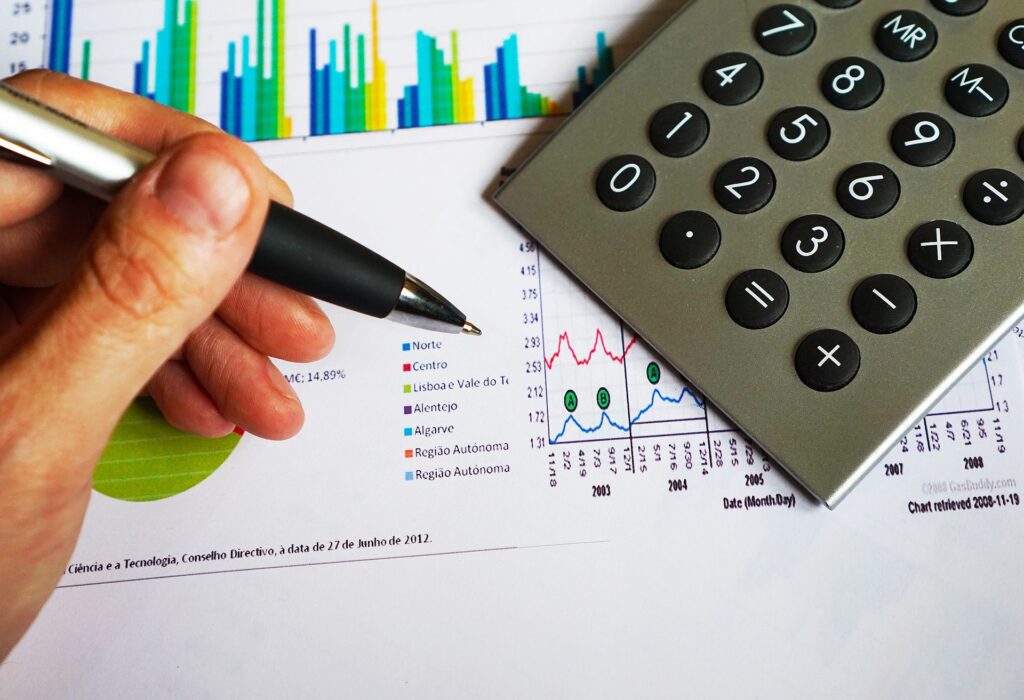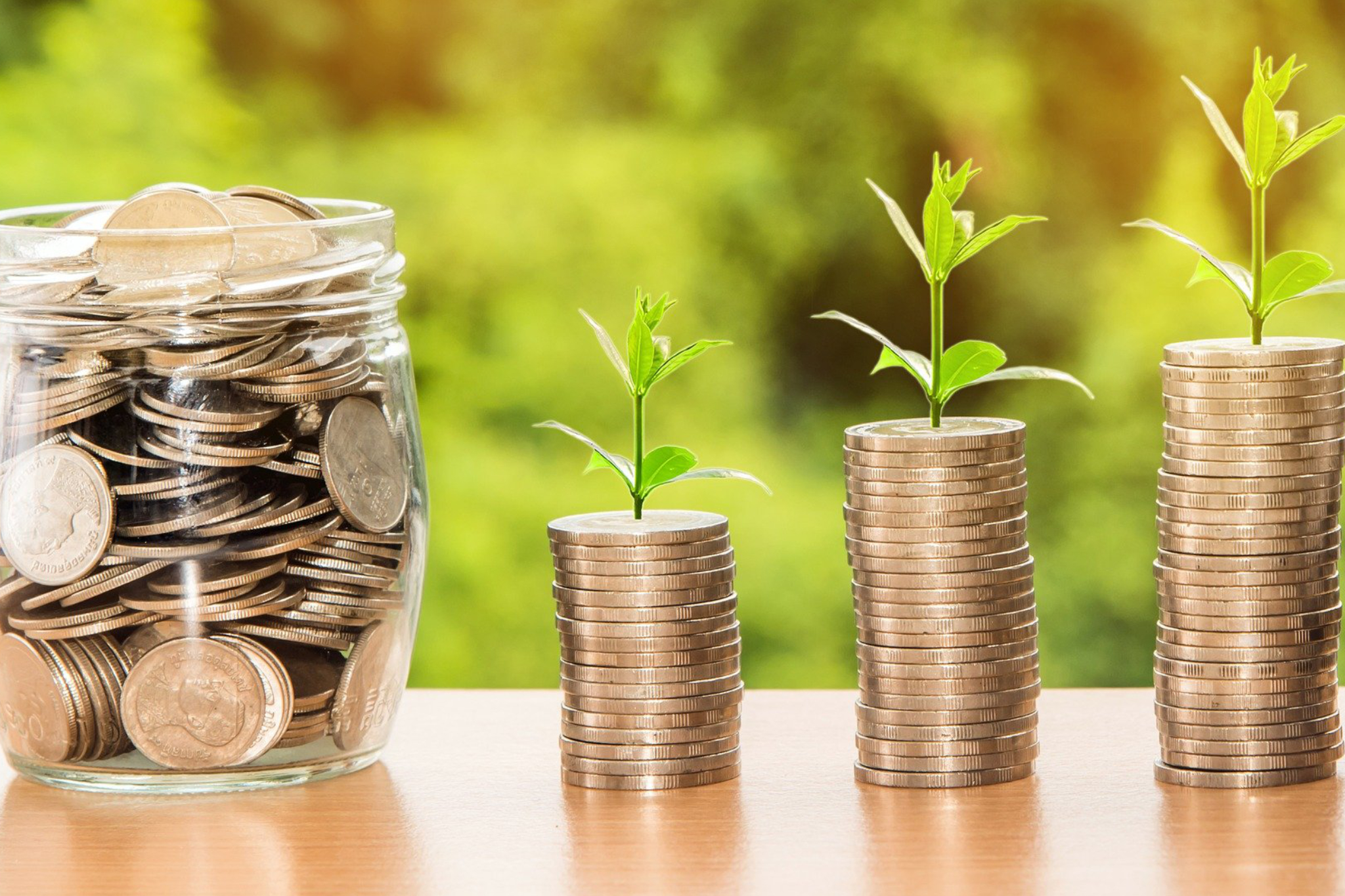You probably get regular checkups from your dentist and doctor. Even cars and pianos require regular tune-ups. Most individuals fail to do the same for their financial health.
Most of us are entirely capable of measuring our own financial health. However, we either don’t think about it or choose to avoid it. Determining the financial health of a company requires looking at several things. The same is true for your personal finances.

Follow these steps and give yourself a financial check-up:
- Determine your net worth. Your net worth is the number you’re left with after subtracting your debt from your assets. Examples of asses are: cash and cash equivalents, jewellery, property while your liabilities include mortgage, car loans, student loans, credit cards.
- Determine your cash flow. Consider how much money you’re spending each month compared to the amount you’re receiving. A larger, positive cash flow provides financial breathing room and psychological comfort. A negative cash flow suggests you’re getting deeper into debt each month.
- What is your savings rate? Divide your monthly savings by your income. A recommended range is from 10 – 15%.
- Do you have the necessary insurance? Different situations require different types of insurance. Protecting your home, health, income, and valuable assets are reasonable places to start.
- How much is in your emergency fund? Could you weather the loss of a job, a major car repair, or any of life’s other unpleasant surprises? It is recommend to have an emergency fund equivalent to 3-6 months of living expenses.
- How much do you expect to have at retirement? If you want to retire before age 65, there is a retirement strategy called F.I.R.E. which is Financial Independence, Retire Early (FIRE).

FIRE is a movement of people who are devoted to a program of extreme savings and investment that aims to allow them to retire far earlier than traditional budgets and retirement plans would permit.
To cover your living expenses after retirement, you make small withdrawals from your savings yearly, typically around 3% to 4% of the balance. Depending on the size of your savings and desired lifestyle, this method requires extreme diligence to monitor expenses as well as dedication to the maintenance and reallocation of your investments.
- Are you prepared for major expenses in the future? This is about forecasting to see what is coming up so that you can have a proactive approach and be positioned to handle them.
Your answers to these questions will reveal the health of your financial situation. Pay close attention to your financial health. Putting a priority on your finances will result in choices that enhance your financial well-being.





